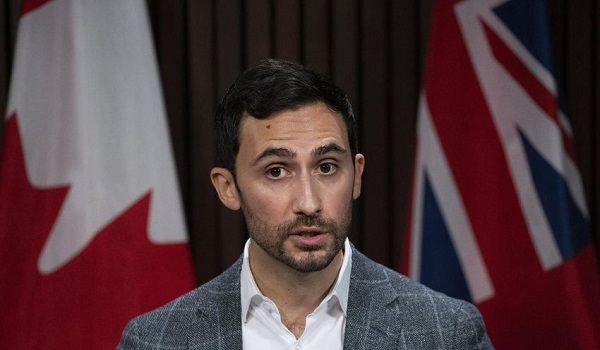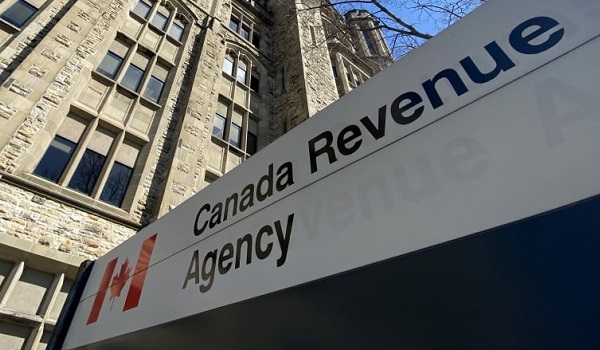Cap on international students won’t reduce rental demand ion near-term: economist
Canada’s two-year cap on international student admissions will not lower demand for rental units in the near term, says one economist.
Rachel Battaglia, an economist at the Royal Bank of Canada, said in a report Wednesday that the federal government’s cap on international study permit applications will not “immediately reduce rental demand” from international students this year. However, Battaglia said the cap is likely to dramatically slow demand growth this year.
“We estimate the increase in rental units demanded by international students could fall by roughly half in 2024,” Battaglia said.
“The number of international students living in Canada—and rental units they need—would eventually decline if the cap is maintained at the current level and beyond its expiry in 2025.”
If maintained at current levels and extended beyond its expiration date, the report said there could be a decline in the total number of international students by 2026.
“That’s because the outflow of international students (which is a function of past international student arrivals) is set to rise substantially in the coming years,” the report said.
Last month, Immigration Minister Marc Miller announced a two-year cap on admissions for international students. The cap entails a 35-per-cent overall reduction of new study visas in 2024, with some provinces, like Ontario, seeing reduction of more than 50 per cent.
The cap was introduced in an effort to rein in a system Miller characterized as taking advantage of elevated tuitions paid by international students, while in some instances providing inadequate education.
Battaglia highlighted that as of September 2024, the total number of permits being issued will be restricted to 364,000, roughly half of those issued the previous year.
The report also highlighted that the total number of permits issued in a year is “only one factor that contributes to the number of international students who are physically living in Canada at any given time.”
Battaglia explained other factors, like the total enrollment figures among students, students from previous years and permit expirations, also contribute to the total number of international students.
“Assuming similar enrollment rates and outflow patterns as those observed in the three post-pandemic years, we estimate 391,000 new international students will enter Canada this year and 291,000 will graduate or otherwise see their study permits expire,” she said in the report.
“This means the number of international students in Canada will continue to grow by 100,000—about 55 per cent less than the net increase in 2023.”
Given that international students nearly universally live in rental accommodation, rental growth demand is not expected to fall over the short term.
Provincial demand outlook
Battaglia said the cap will be most restrictive in Ontario and B.C., where admissions for international students “outweigh their share of the Canadian population.” This is because the federal government created the cap based on provincial population shares.
“We see the number of international students in Ontario and B.C. remaining relatively flat in 2024, effectively stalling new rental demand by this group,” she said.
Additionally, the cap will have less of an impact in Quebec and the prairie provinces, the report said.
With files from The Canadian Press
This article was reported by BNN Bloomberg














